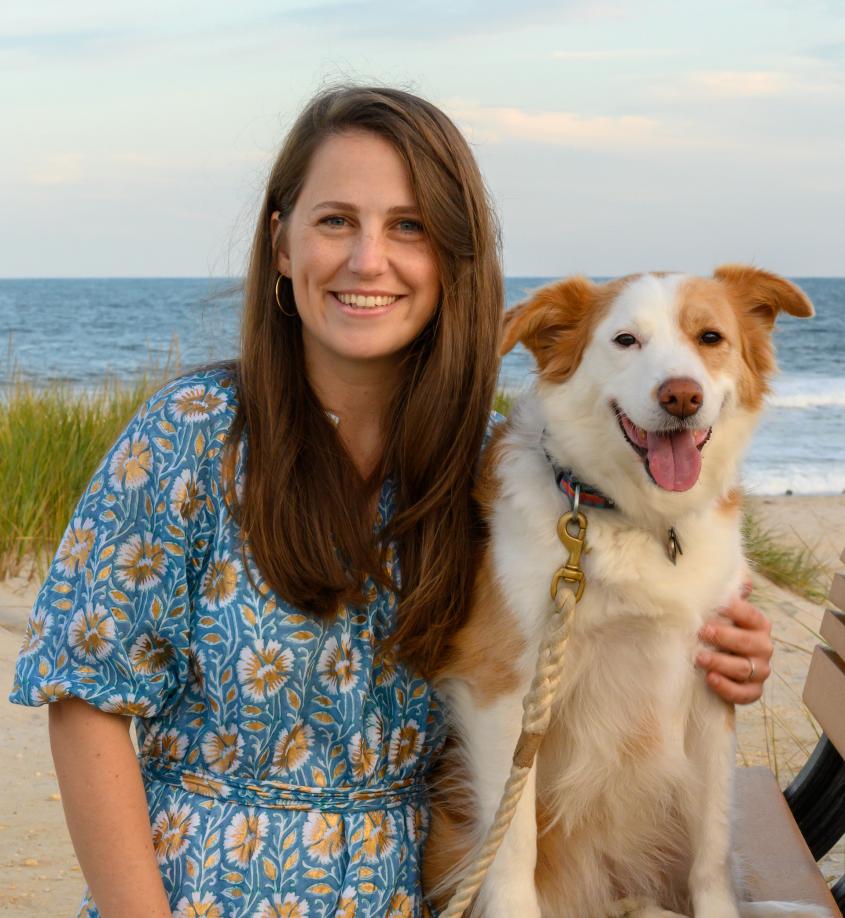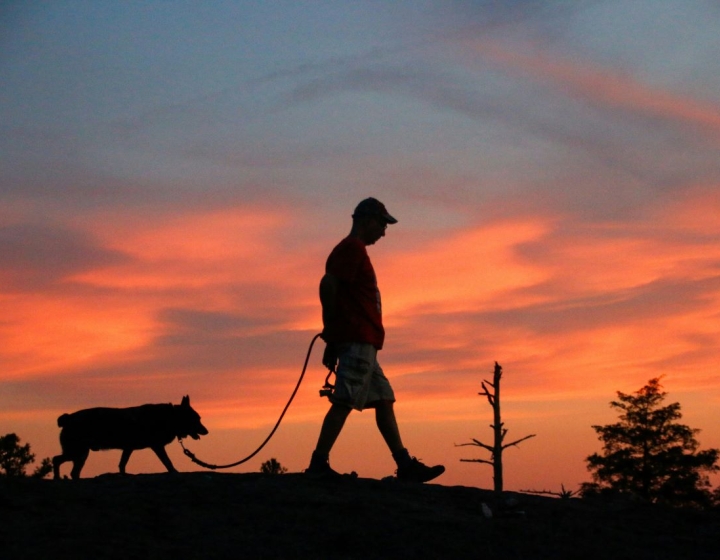Kristina Ceres, D.V.M./Ph.D. student, receives Wildlife Disease Association scholarship award
When Kristina Ceres, Ph.D. ’22, D.V.M. ’24, was in high school, her cockapoo, Oreo, developed severe zinc toxicosis from eating pennies that were scattered around her house in central New Jersey. By the time her father brought Oreo to a veterinarian, the dog was lethargic and vomiting.
The veterinarians were able to use chelation therapy to remove the poisonous zinc from the six-year-old dog. “He was saved by veterinarians and that opened my eyes to the field of veterinary medicine,” she says.
While majoring in animal science as an undergraduate at Cornell, however, Ceres discovered she was more interested in wildlife conservation than small animal medicine. Since enrolling in the College of Veterinary Medicine in 2015, she has focused her research on molecular epidemiology.
Her extensive research, from cattle with tuberculosis to the critically endangered great hammerhead shark, led the Wildlife Disease Association to select Ceres for a Graduate Student Scholarship Award, which recognizes outstanding academic accomplishment and future potential in wildlife research.
“Being recognized by the Wildlife Disease Association has given me a boost in confidence and made me believe that I can have a successful career in wildlife health research,” Ceres says. “And it just feels great to be recognized by an organization that I really admire."
In her first year as a veterinary student, Ceres decided to pursue a Ph.D. in addition to her D.V.M. after conducting infectious disease modeling research with her thesis advisor, Dr. Yrjö Gröhn, the James Law Professor of Epidemiology. “I found that I loved mathematical biology and computational work, and the field fit well with my goal of gaining expertise in population health research, so I decided to stay in Dr. Gröhn’s lab for my Ph.D.,” she says. Her Ph.D. dissertation focused on the molecular epidemiology of Mycobacterium bovis, the cause of bovine tuberculosis.
This summer, Ceres will be working with the United States Department of Agriculture National Wildlife Research Center in Fort Collins, Colorado, to help develop a strategic raccoon rabies vaccination program that is administered through oral baits.
After receiving her D.V.M. next year, Ceres says she hopes to continue conducting research on interventions, such as vaccinations, that can improve the health of wildlife. “I think the skills I developed in molecular epidemiology and conservation genomics will prepare me for a career in wildlife health research,” she says.
Written by Sherrie Negrea






